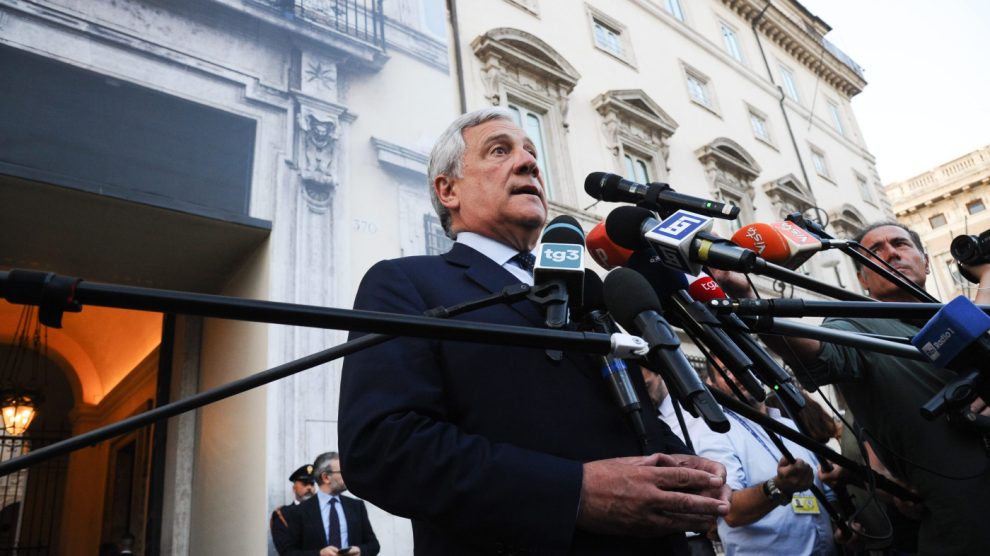Gauging the growing migration fluxes. In mid-August, data from the Italian Interior Ministry showed that over 100,000 migrants had landed on Italian shores so far this year. That’s more than twice compared to the same period in 2022 and over three times more than 2021.
- Controlling migration is a priority for the Italian government, which is watching the numbers closely as it works to make its countermeasures more effective.
It’s bigger than Italy… According to Foreign Minister Antonio Tajani, “the problem of illegal immigration is not only an Italian one,” and it’s tied to previously existing crises, as well as new ones, as he explained in an interview with Corriere della Sera.
- On the one hand, migration along the Balkan route is still ongoing, he explained. On the other hand, “the push from the African continent is enormous, also because of the food crisis.”
- He then pointed at the ongoing instabilities in Afghanistan, Pakistan, Sudan, Ivory Coast, Guinea, Burkina Faso and the most recent one: Niger, which was “committed to containing the exodus” prior to the coup.
… but Italy needs a European hand. “The whole of Italy is carrying a burden that should be [shared by] the whole of Europe, and we are working in the EU for this,” continued Mr Tajani, noting the government intends to unveil “more stringent and effective mechanisms for the repatriation of those who do not have the right to be received. We will do this very soon.”
- The government has signalled it’s working on a new package of security measures to be readied by September.
Focus on Tunisia. The North African country is by far the biggest country of departure for irregular migrants landing on Italian shores. Tunis is “doing what it can” with its patrolling efforts, explained Minister Tajani, but it has “two huge problems”: fake fishing boats operated by human traffickers leaving from Libya and loading people in Sfax, and the “scarcity of means” at the disposal of Tunisian authorities.
- That’s why Mr Tajani is hoping for the swift implementation of the EU-Tunisia Memorandum of Understanding, spearheaded by Italian Prime Minister Giorgia Meloni and brokered in July, which sets aside over €100 million in funds to counter departures.
- “Thanks to those funds, we can provide them with patrol boats that are being refurbished, just as [Italy] can provide them with Guardia di Finanza and Police to train their military and law enforcement officers for control and containment operations.”
It’s the Meloni-branded strategy. The bulk of the EU-Tunisia deal is about economic stability, one of the driving factors of migration. It also envisions €150 million in budgetary aid and the prospect of a long-term €900 million loan. In the words of EU Commission President Ursula von der Leyen, it’s designed to “invest in shared prosperity.”
- The MoU runs along the same lines as the Meloni government’s wider approach to African countries: leveraging investments encompassing the fields of energy, industry and education as a means to boost local development and stability, thus addressing the root causes of emigration.
- This approach will be formalised in October, when the government will unveil its “Mattei Plan” – which will act as a framework for this kind of mutually-advantageous cooperation.





